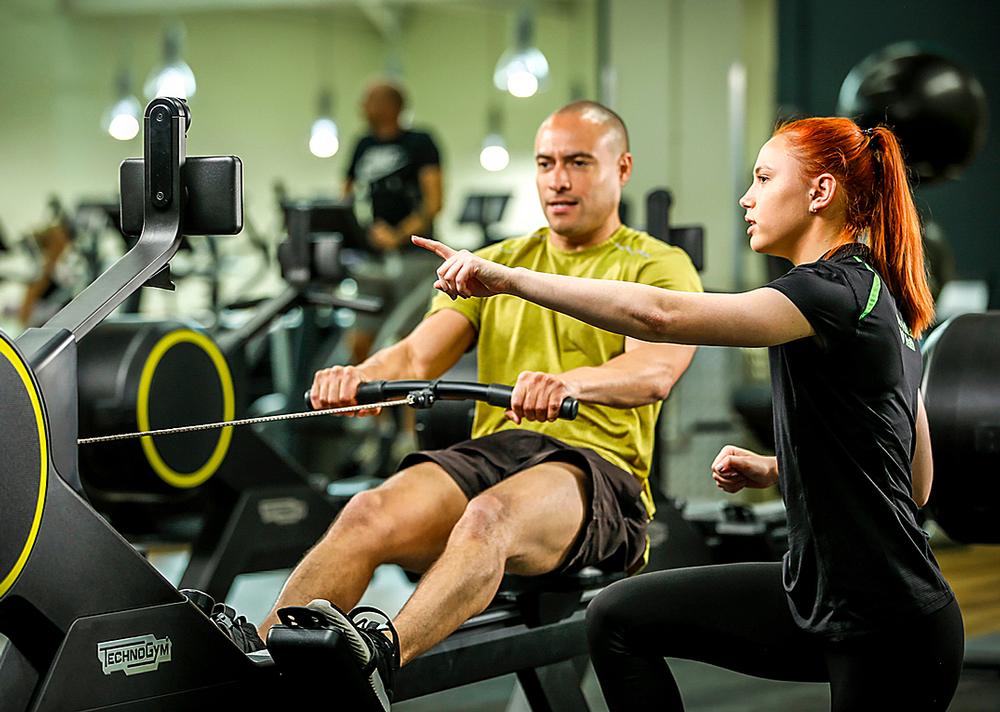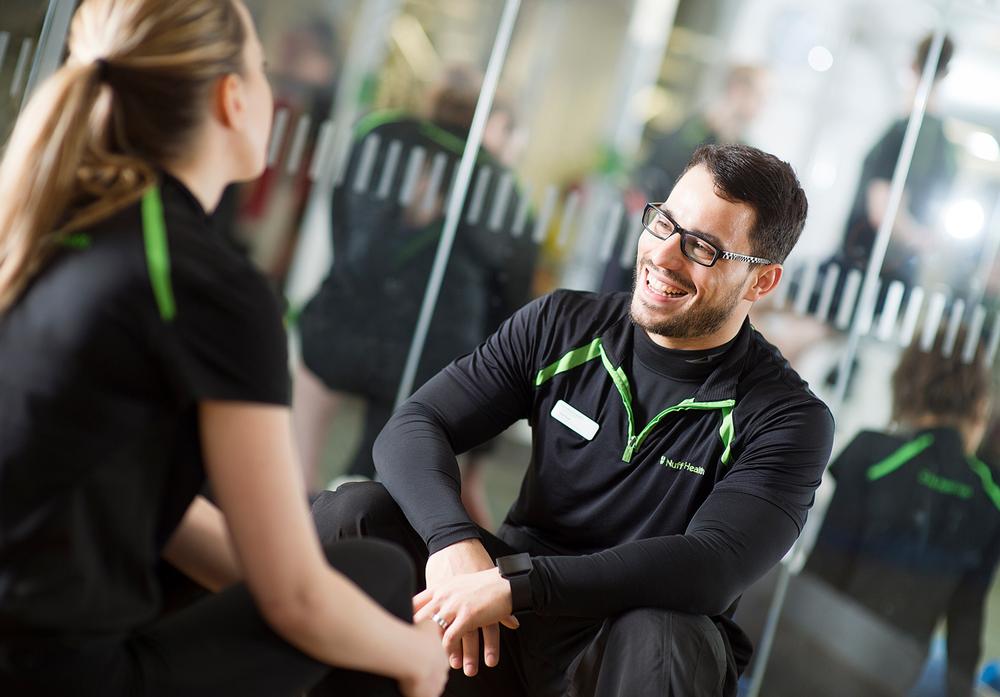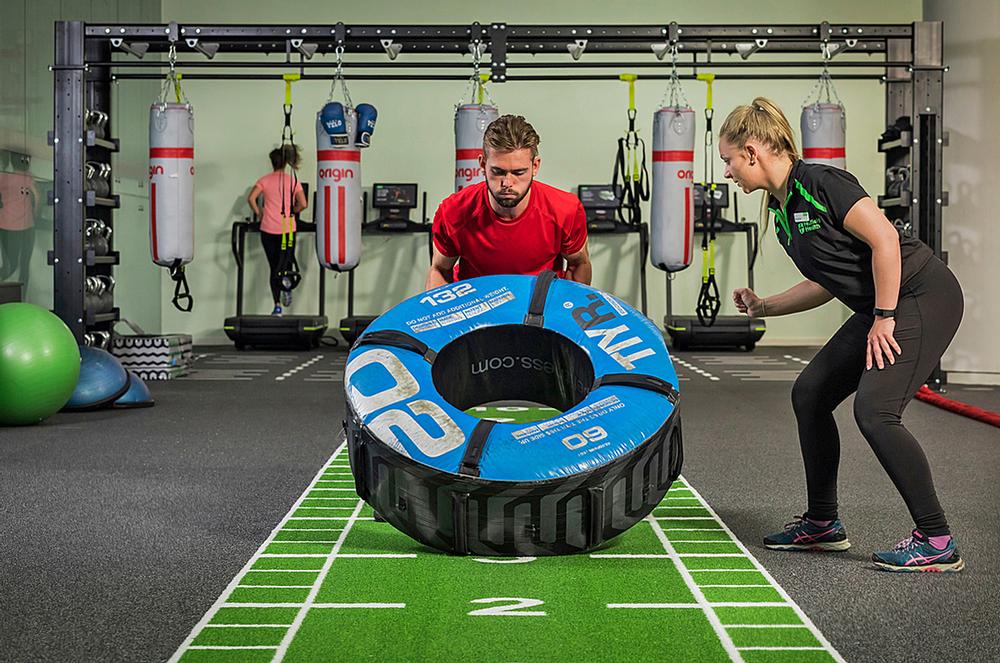As trading gears back up after 18 months of lockdown in the UK, the true breadth of the impact of the pandemic on the mental and physical wellbeing of the nation is becoming clearer. But so is the determination of the majority to prioritise, and invest in their physical and mental health to overcome any bad habits picked up in lockdown.
By focusing on improving our own health and wellbeing and encouraging those around us to do the same, we’ll help prevent long-term health conditions and support the nation’s recovery from the pandemic and it’s important to acknowledge that we all have a role to play.
Healthcare charity, Nuffield Health, launched its inaugural Healthier Nation Index to take a comprehensive look at all aspects of the nation’s health following the start of the pandemic, with the aim of building a stronger understanding of how people are feeling, identify where the biggest challenges are and providing crucial information to the public, NHS and policymakers to guide future decision-making and improve outcomes for everyone – ensuring the UK builds a healthier nation.
What’s the goal?
But what is a healthy nation? We believe it’s one where everyone, at every age, is able to access the tools and information they need to manage their physical and mental health.
A connected approach needs to be taken to health, proactively helping people to stay physically and mentally healthy throughout their lives in order to prevent long-term health conditions, rather than just providing reactive care to preventable conditions. This holistic approach acknowledges the fact there is no ‘health’ without a healthy mind and body and means we can best deliver our sector’s crucial and wide-ranging.
Connecting the dots will be key as we recover from the pandemic – from reducing the likelihood of people developing mental health problems, to supporting the government’s obesity strategy and protecting the NHS from being overburdened by preventable long-term health conditions.
The last year has taken a toll on the nation’s fitness. Our Healthier Nation Index, which is based on a nationally representative sample of over 8,000 UK adults, found a third (33 per cent) of people believe their physical health was worse than a year ago. Older age groups reported a more significant decline and only 10 per cent of Baby Boomers (over 55s) agreed their physical health has improved, with the other 90 per cent saying it had need negatively impacted.
This data is not surprising – we’ve lived through a mental and physical health ‘superstorm’, and the good habits that were mainstays in our previous lives were stripped away from us as we were forced to stay at home.
Shocking results
Yet, despite well-publicised evidence pointing to the link between obesity and severity of illness from COVID-19 we found that 16 per cent of respondents – or 8.8 million adults – had done no exercise in the last 12 months, rising to a quarter of over-55s. This is absolutely astonishing, and we must think creatively about how we can overcome the barriers to exercising at every stage – or major lifestyle shift – in life.
The main barriers for undertaking more physical activity are cited as a lack of motivation or energy (59 per cent), a lack of time due to work (50 per cent), a dislike of exercise (39 per cent) and cost (36 per cent). But the Index also reveals the impact of months in lockdowns, with nearly two fifths (37 per cent) agreeing they fell out of the habit of exercising and have found it difficult to restart. This rises to 49 per cent in millennials (25-to 34-year-olds).
And in a sign of the devastating impact of COVID-19, 7 per cent of respondents- representing an estimated 3.65 million people – said they have struggled to exercise in the last 12 months due to long-term symptoms, or ‘Long COVID’.
We know that COVID-19 afflicts all ages, ethnicities and genders – but also that those aged 35-69 are most likely to be affected, as are those working in the health and care sector or those who already have a disability.
Free Long COVID programme
At the start of the pandemic, Nuffield Health quickly identified that there was an unmet need and developed a free COVID-19 Rehabilitation Programme, which blends physical and emotional support to help an ever-growing number of people who are experiencing the long-term effects of COVID-19.
The programme is now available at 40 Nuffield locations throughout the UK with the ambition to roll out further by the end of 2021. Through this programme we will not only help people dealing with the symptoms of Long COVID and their families and carers but also build knowledge about this new disease and how to treat people in the longer term.
Initial findings from the programme have shown that breathlessness improved in 45 per cent of participants, while anxiety improved for 50 per cent of people and 47 per cent of participants had an improvement in their functional capacity- or their ability to carry out day to day tasks.
Without doubt the health of your mind and body are intrinsically linked, but only 30 per cent of people believe exercise helps their mental health. As with physical health, the nation’s mental health has also been impacted, with women, in particular, feeling the impact of homeschooling, professional pressures and caring responsibilities.
Mental health results
On average, 41 per cent of people said their mental health is ‘worse than this time last year’, but this rose to nearly one in two women (49 per cent). More than a fifth of Britons (21 per cent) reported low life satisfaction, while over a third (36 per cent) reported high anxiety when asked how they felt on the previous day – 53 per cent of people say they have been less productive during work due to poor mental health, and 56 per cent have gone to work despite their mental health being poor that day. A further 33 per cent called in sick to work because of their mental health, but gave another reason to explain why they were off.
There is also significant concern about family members. Almost half (49 per cent) of 25 to 34-year-olds agreed they were more concerned about their parents’ mental health now because of COVID-19, while 47 per cent of parents expressed fears about their children’s mental health.
Evidence shows that exercise can help manage mental health and working out has so much potential to enhance our wellbeing. Even low-intensity aerobic exercise, such as walking, yoga or jogging for 30 to 35 minutes, 3-5 days a week over 10 to 12 weeks has been shown to deliver the most powerful stress relief.
Health implications
The data shows the clear physical and mental health implications of lockdown, which will have serious consequences for the health of the nation, but there is still a disconnect between people acknowledging their worsening physical and mental health – and agreeing to take action.
Researchers found 24 per cent of people surveyed do not plan to do anything in relation to exercise or their physical or mental health now that lockdown restrictions have ended, with those over 55 most likely to say this (36 per cent).
Although 46 per cent of people identified themselves as overweight, 25 per cent of those admitted they are not actively trying to change this.
Despite this, there are green shoots of hope starting to appear, particularly when it comes to understanding the link between physical and mental health, which is hugely promising.
Almost 3 in 10 of people said the main reason they have been motivated to exercise and look after their physical health in the last 12 months is because exercising helps with their mental health (28 per cent) and almost half of people (47 per cent) agreed they would take more responsibility for their health after lockdown.
After 16 months of restrictions, the health and wellbeing sector must take the opportunity to help people recover from the impact of the pandemic as quickly as possible by taking better care of their mental and physical health. At Nuffield Health our commitment to helping build a healthier nation is unwavering and we are determined that we can and will build back healthier, happy and stronger.



























































